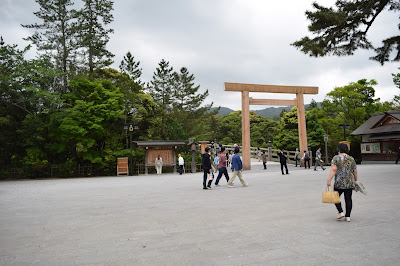The totemism behind corporate t-shirts

This was originally posted on LinkedIn Pulse on April 16, 2016. The corporate t-shirt tells the employees that they have been accepted into the “clan” and that they belong (so long as they play by the rules). But then all honeymoons come to an end. Along with this change in our work status, the corporate t-shirt also goes from riches to rags and gets relegated to being worn for doing the occasional backyard chore. American Indian Totem (CC0 Public Domain via Pixabay) When I mow the backyard (which is not very often) I usually wear a t-shirt that I got from a company I worked for some years ago. That corporate t-shirt is one of a few similar ones I have kept aside to wear for such hot and sweaty jobs. When I mow is also the time when I tend to lapse into faux-intellectual reveries about various life-changing questions (as giving the grass a haircut is not in itself a mind-boggling exercise anyway.) Recently, during one of these Eureka moments, I concluded that these corpo





